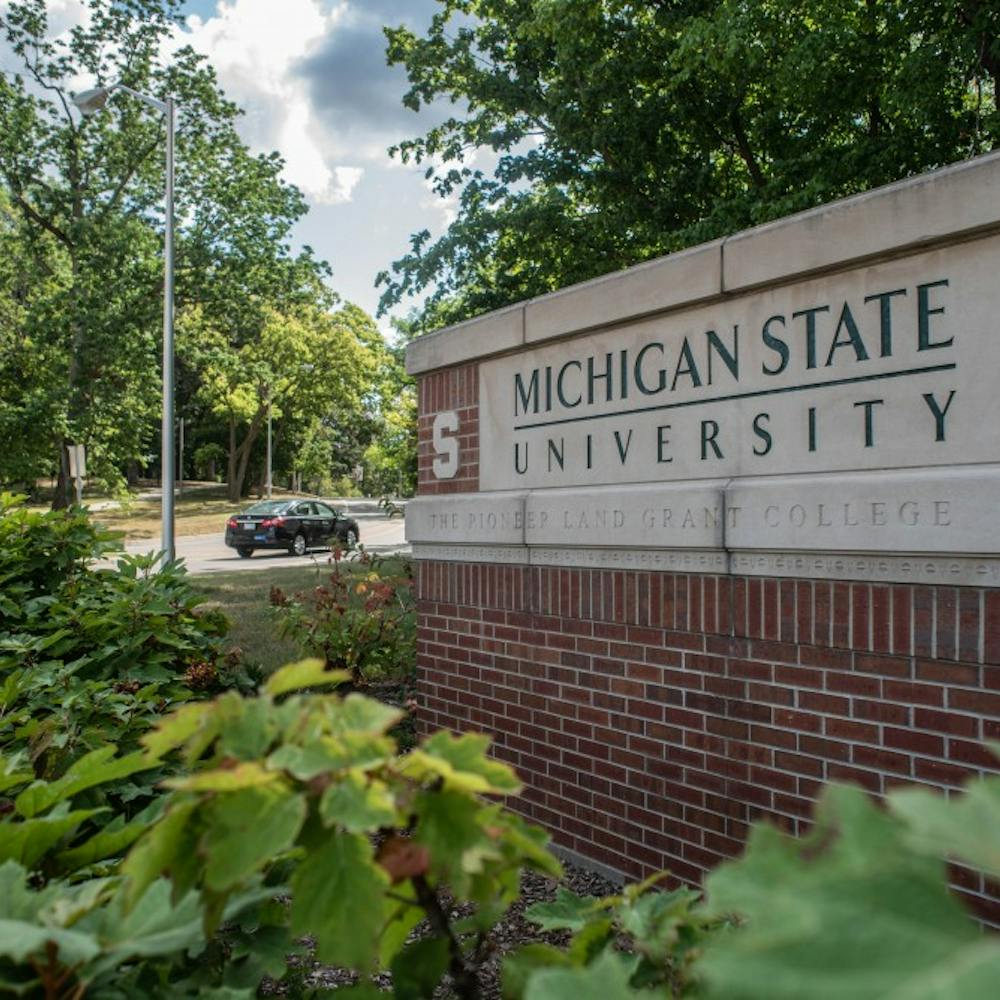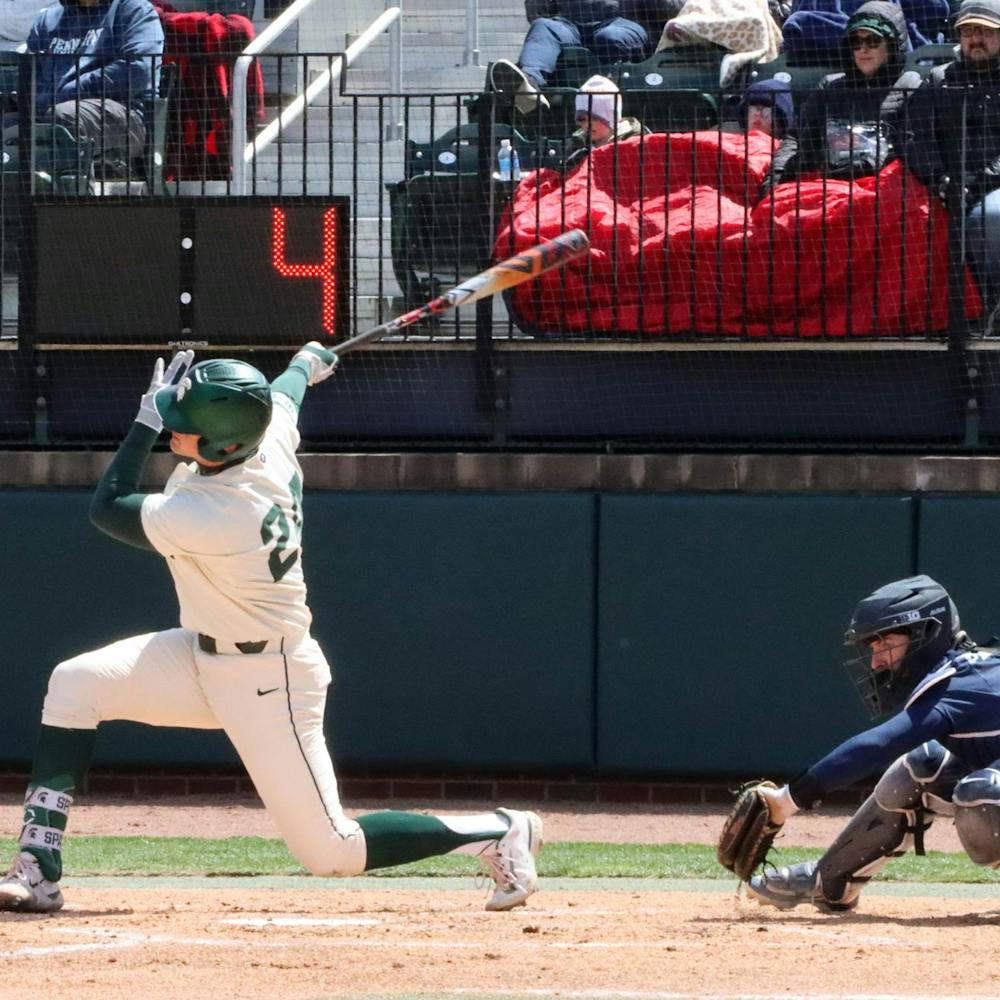WASHINGTON — Seven years of controversy surrounding Michigan’s affirmative action ban came to a head Tuesday when the U.S. Supreme Court weighed whether to allow universities to include race as a factor in admissions.
The majority of justices seemed leery of the affirmative action advocates, who sought to convince the court that the ban adds an unfair burden to minorities.
Only Justices Sonia Sotomayor and Ruth Bader Ginsburg appeared to support the idea that Michigan’s ban was indeed an act of political restructuring, though Justice Anthony Kennedy— a suspected swing vote — seemed to scrutinize both sides.
Conservative justices, including Justice Antonin Scalia, Justice Samuel Alito and Chief Justice John Roberts, questioned why the voters couldn’t change affirmative action policy, just as a university admissions board could.
Shanta Driver, national chair of the Coalition to Defend Affirmative Action, argued the affirmative action was necessary for minority students to break barriers.
“I think in this case, the difference between what other groups can do in order to get preferential treatment for their sons and daughters and what racial minorities are subject to … places such a high burden on minorities.”
MSU President Lou Anna K. Simon and other administrators have been hesitant to take a firm stance publicly, although a brief filed to the court from MSU and U-M called into question a number of arguments in opposition.
A brief submitted by U-M and MSU asks the court to disregard the state’s argument for race-neutral policies, claiming there’s not enough evidence to confirm whether race-neutral admissions alternatives are as effective as affirmative action in diversifying the student body.
“There is no evidence in the record to support the argument with respect to the university respondents, and the limited evidence that does contradicts it,” the brief said.?If the high court upholds the ban, MSU and the other 14 public universities in the state of Michigan will remain barred from including race as a factor in admissions decisions. The decision, which will likely not be released for several months, may ripple to other states with similar laws.
Solicitor General John Bursch, who argued for the state in court Tuesday, made a case that race-neutral admissions policies are just as effective at fostering a diverse student body as direct affirmative action. Bursch said that the ban simply outlaws race-based discrimination.
Driver and lawyer Mark Rosenbaum, representing the Coalition to Defend Affirmative Action in the case, disagreed sharply.
They said the ban places special burdens on minority students vying for leverage in the admissions process.
The heated back-and-forth between justices and lawyers seemed to be more intense during Rosenbaum and Driver’s testimonies.
Roberts wondered if it would still have been an act of political restructuring if admissions faculty adopted a ban on affirmative action rather than the voters.
“At what point does the political restructuring doctrine kick in?” Roberts asked in court.
Sotomayor later responded to his logic by saying: “When the process is … changed specifically and only for race.”
Support student media!
Please consider donating to The State News and help fund the future of journalism.
Discussion
Share and discuss “Justices hear case on race in admissions” on social media.



